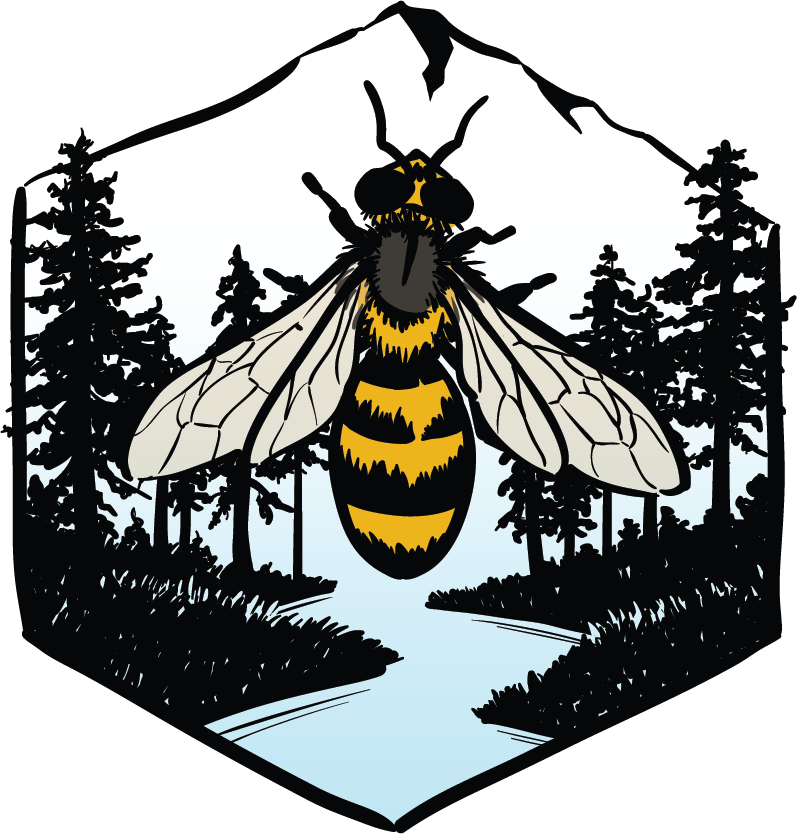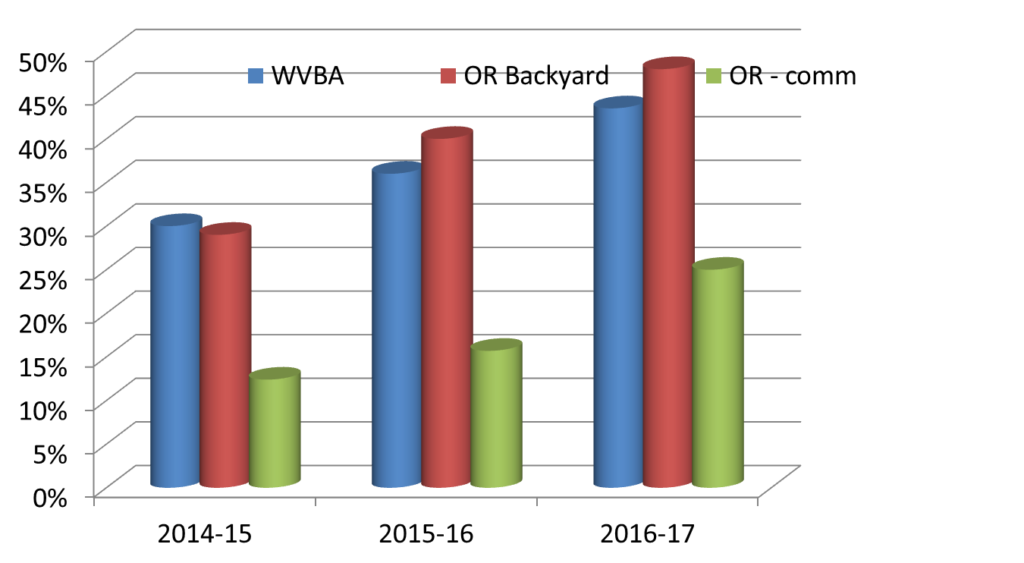Winter loss report WVBA
At the March and April WVBA meetings, I distributed paper copies and directed members to a web-based colony loss survey, a continuing effort to define overwintering success of backyard beekeepers in Oregon. This was the 9th year of such survey activity. I received 282 responses from OR backyarders, keeping anywhere from 1 to 48 colonies; […]
Winter loss report WVBA Read More »

